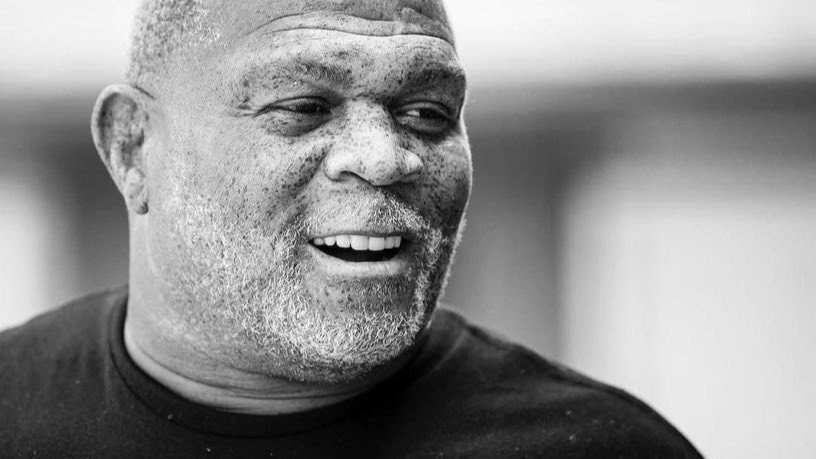Noem’s banishment from tribal lands should remind her that the war on drugs, like any war, should unify, not divide us.
With the Memorial Day period upon us it might be a good time to remember that we’re still in a war — a war on drugs — and that the fight in South Dakota is being hindered by Gov. Noem’s inability to get along with South Dakota’s tribes.
Native Americans are not our antagonists. As I know from history and personal experience in Vietnam, they have served our country honorably in wartime and I have no doubt they would continue to do so in the ongoing battle against drugs, drug dealers and cartels.
Unfortunately, that possibility now seems like a stretch, if not altogether a pipedream.
Noem’s political need to criticize current U.S. border policy by claiming that drug cartels have infested our state’s tribal lands has infuriated reservation residents and leadership.
Noem is persona non grata on all South Dakota reservations because of her dualistic approach to addressing a drug problem that is endemic to the entire state. I say “dualistic” because she is singling out the state’s reservations as places where drug cartels are doing business while skipping over the fact that the whole state has a drug problem. That is a flawed, divisive approach. Tribal leaders have taken issue with their land being identified as the focus of illegal drug activity. With Noem’s banishment from all nine of South Dakota’s reservations, it’s hard to imagine how relations between state government and tribal entities could get any worse.
That we’re all in this together should be Noem’s opening premise. News reports should be filled with stories about co-operative efforts between tribal and non-tribal jurisdictions designed to push cartels (if they’re indeed as pervasive as Noem makes them out to be) out of the state altogether.
This is where my wartime memories of interacting with Native Americans makes me wonder about the possibilities during this Memorial Day period. Gov. Noem should see this as a chance for all of us to work jointly on advancing our own state’s wartime effort to get this drug problem alleviated, if not solved altogether.
I served three years in the Marine Corps, including a 13-month tour at what was euphemistically called the Demilitarized Zone in Vietnam. I say “euphemistically” because it was anything but “demilitarized.”
While fighting there I got to know a fair number of Native Americans, many of them in the closest physical proximity you can imagine . . . like, bodies side by side or on top of each other, which are the normal configurations that occur among people who are being bombarded by rockets and artillery. To a one, my comrades were outstanding individuals … emphasis on the word “individuals.”
Racial and ethnic differences are irrelevant (as illustrated by the public domain photo above, posted on wikimedia commons) when you’re in combat mode.
I think we can extrapolate from there to the present day: in the war on drugs those differences are a non-issue. Gov. Noem’s direct aim at our reservations as the place to root out cartels is not a unifying approach to the problem.
So how about it, guv?
Can we reach out and acknowledge that drugs are a statewide problem? Alienating your allies isn’t much of a strategy when you’re searching for a solution. Being banished from every reservation in the state doesn’t say much for an issue that’s crying out for leadership.
John Tsitrian is a businessman and writer from the Black Hills. He was a weekly columnist for the Rapid City Journal for 20 years. His articles and commentary have also appeared in The Los Angeles Times, The Denver Post and The Omaha World-Herald. Tsitrian served in the Marines for three years (1966-69), including a 13-month tour of duty as a radioman in Vietnam. Reprint with permission.







